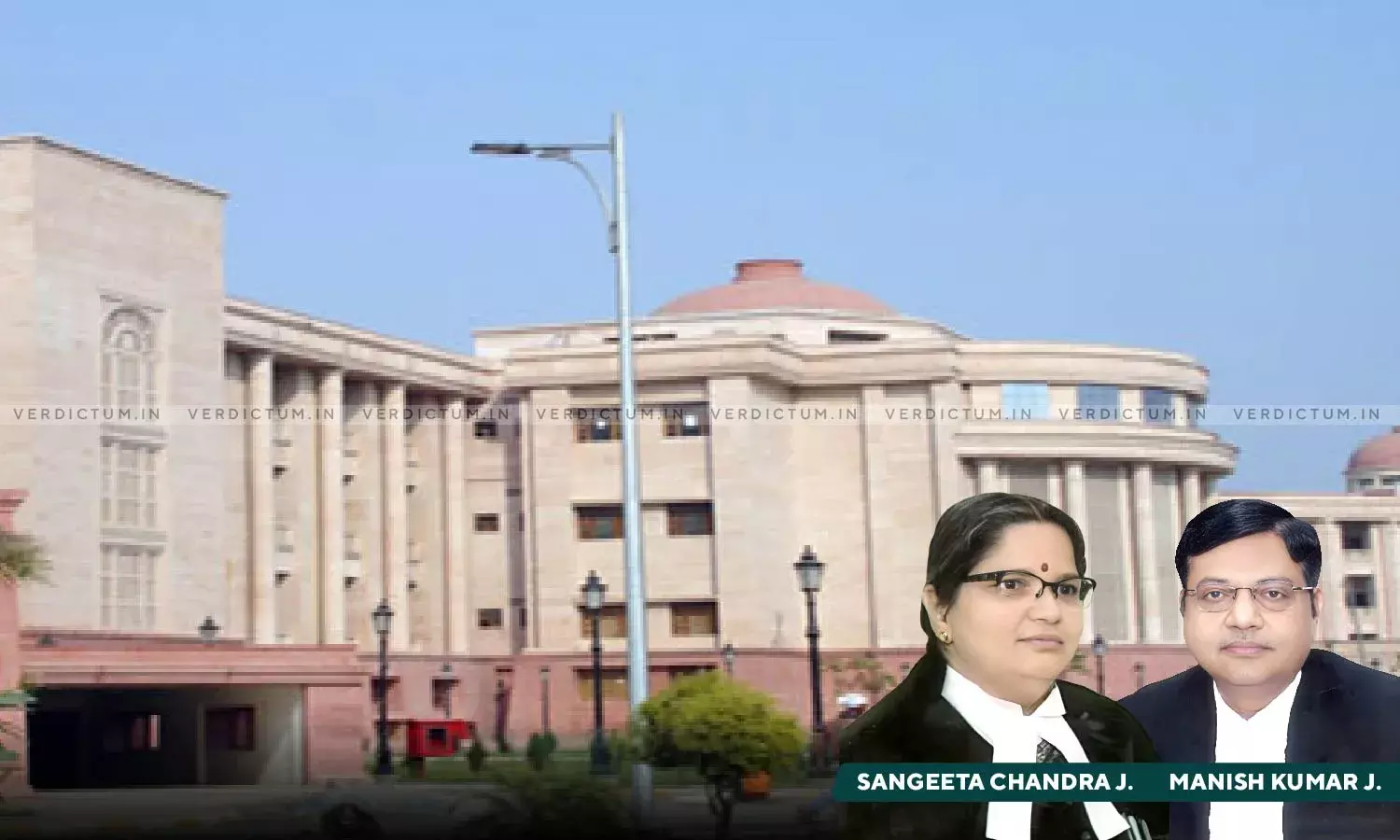Reliance On Wrong Precedent Renders Decision 'Erroneous', Beyond 'Review Jurisdiction': Allahabad HC

The Allahabad High Court while rejecting a review application stated that it can correct an error that is apparent on the face of the record or interfere on analogous grounds, but it cannot correct an erroneous decision, as that falls within the domain of appellate jurisdiction.
The Division Bench of Justice Sangeeta Chandra and Justice Manish Kumar relied on the judgment of the Supreme Court in S. Madhusudhan Reddy v. V Narayana Reddy and others, 2022 SCC Online SC 1034 where it was held that the scope of a review application is limited and thus observed -
"The Court may correct an error apparent on the face of the record or interfere on any other ground analogous to such ground, but it cannot correct an erroneous decision for that is the scope of appellate jurisdiction."
Senior Advocate Sandeep Dixit, Advocates Piyush Kumar Agarwal, and Akhilesh Kumar Kalra appeared for the Applicant and Senior Advocate Sudeep Seth, Advocate Kartikey Dubey appeared for the opposite party.
It was contended that the U.P. Small Industries Development Corporation (UPSIDC), originally incorporated as a Company under the Companies Act on March 29, 1961, only acquired the status of a Statutory Authority in 2018 through the U.P. State Industrial Development Corporation Limited (Transfer of Assets and Liabilities) Act 2018, which came into effect on June 27, 2018. Prior to this date, UPSIDC remained a company and not a Statutory Authority. Due to an error apparent on the face of the record, the judgment and order dated February 22, 2023 mistakenly considered UPSIDC to be a Statutory Authority. As a consequence, the judgments of ITC Ltd v. State of U.P., 2011 (7) SCC 493, and in Writ-C No.68500 of 2015 (Rakesh Kumar Garg v. State of UP and others), which were relied upon by the Bench, were deemed inapplicable to the case. Therefore, the view taken by the court was deemed unsustainable and subject to review.
The Court clarified that even if the petitioner's argument is that the judgment relied upon a mistaken precedent related to a Statutory Authority, such an erroneous judgment can only be corrected by the Appellate Court, not by the Court sitting in review jurisdiction.
Citing the precedent of A.M. Allison v. B.L. Sen (1975 SCR 359), the Court emphasized that a Writ of Certiorari is issued at the Court's discretion and not merely because it is lawful to do so and the High Courts have the power to refuse the writ if no failure of justice is apparent.
The Court consequently rejected the review application in this case.
Cause Title: M/S Vaid Organics And Chemical Industries Ltd. Lko. v. State Of U.P
Click here to read/download the Order


